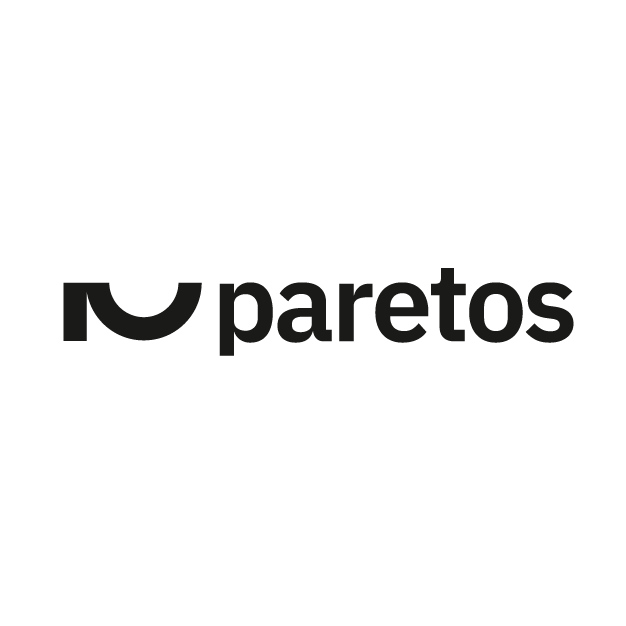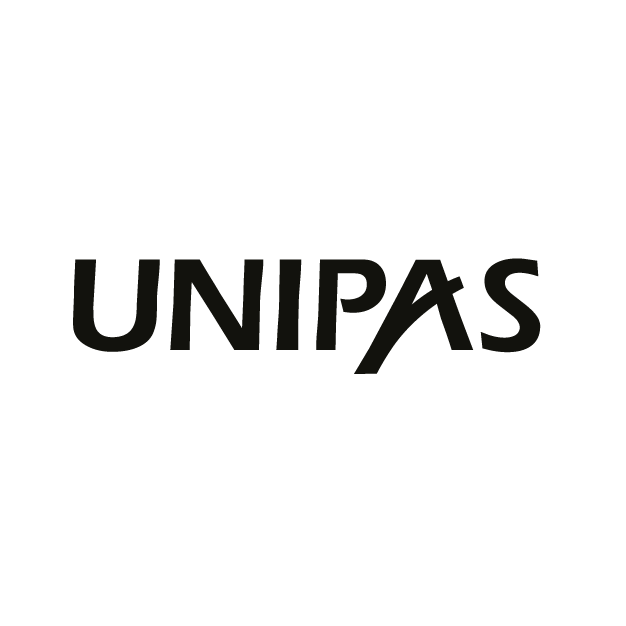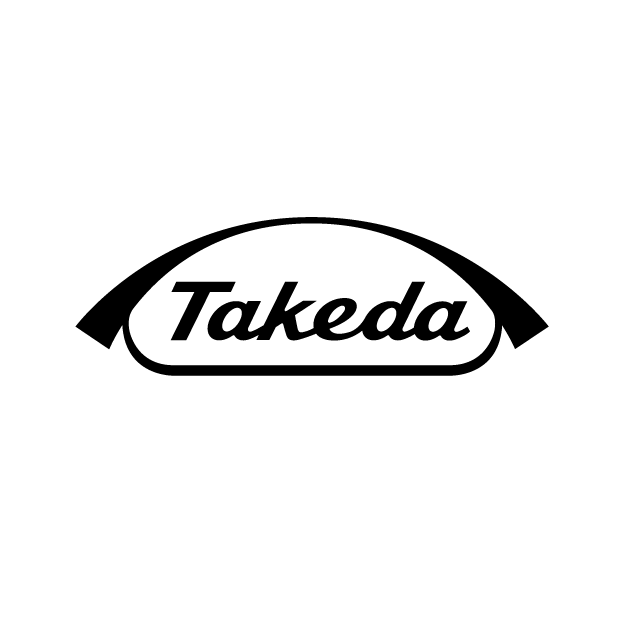Are you ready for the NIS2 directive?
Is your company affected? What measures can you take to comply, with the new EU requirements for strengthening cyber security?












Are you affected by the NIS2 Directive?
The question of whether your organisation is affected by the NIS2 directive is a crucial one. With our impact check, you can quickly and easily get an initial assessment of whether your company is one of the affected organisations. The NIS2 Directive applies to public or private organisations that provide services in the European Union and meet certain criteria.Since there is often uncertainty about which companies are specifically affected, our impact check offers you a quick orientation. Get a personalised recommendation in just 2 minutes.
Note: The results are for self-assessment purposes only and are not legally binding.
Do you provide services in the EU or do you practise there?
Does your organisation operate in at least one of the following sectors?
These sectors include both highly critical and other critical areas. Please check the following lists to see if any of these sectors apply to your organisation.
Does your organisation employ at least 50 people and generate an annual turnover or an annual balance sheet total of more than €10 million?
Is your company one of the following special institutions?
Please refer to the list below to verify this.
- Providers of public communication networks or services
- Trust service provider
- TLD and DNS service providers (except root server operators)
- Essential providers for society and the economy
- Facilities with a major impact in the event of failure (order, safety, health)
- Institutions with systemic risk of failure (cross-border)
- Critical infrastructure of national or regional importance
- Critical public administrative institutions (central/regional government)
- Critical infrastructures according to Directive (EU) 2022/2557
- Domain name registration services.
- Indirectly affected service providers and suppliers
Your result: likely to be affected
Based on the information you provided, your organisation is likely to fall under the NIS2 Directive. Please note: This result is for guidance only and is not legally binding.
Do you have any questions about the NIS2 Directive or need support with its implementation? We're happy to help. Contact us by phone or using our contact form. Our experienced experts look forward to assisting you.
Your result: probably not affected
Based on the information you provided, your organisation is not likely to fall under the NIS2 guideline. Please note: This result is for guidance only and is not legally binding.
Should you have any further questions about the NIS2 directive or require a more detailed audit, we will be happy to help. Please contact us – by phone or using our contact form. Our experienced experts will be happy to support you.
Are you affected?
The first and most important question is: Does your company fall under the NIS-2 directive at all? This depends mainly on two factors: firstly, the size of your company and, secondly, the sectors or industries in which you operate. The NIS2 Directive applies to public or private entities providing services in the European Union and divides them into Essential and Important Entities.
Some of these sectors are listed below. However, to determine whether your company falls into one of the sectors, you should seek advice – for example, from our experts.
Sectors with high criticality
- Energy
- Transportation
- Banking
- Financial market infrastructure
- Healthcare
- Drinking water
- Wastewater
- Digital infrastructure
- ICT service management
- Public administrations
- Space
Other critical sectors
- Postal and courier services
- Waste management
- Manufacturing, production, and distribution of chemicals
- Food production, processing, and distribution
- Manufacturing
- Digital service providers
- Research
ISMS: The foundation of your cyber security
Does the NIS2 directive seem too complex to you? It doesn't have to be. You can already meet 70% of the requirements if your company has an information security management system (ISMS) that complies with the ISO 27001 standard. This is because an ISMS, as the cornerstone of your company's cyber security, protects sensitive company data from unauthorised access, theft or manipulation. It also enables you to take a structured and systematic approach to managing and optimising your IT security. Do you want to start here? Then get in touch! Our experts will help you establish an ISMS and also support you in implementing standards such as ISO 27001.
These measures can be implemented now.
Check criteria.
Check whether your company is affected by the new legislation. This will determine whether you need to take action. Since the classification is often difficult to make, it is advisable to seek professional advice from experts – such as us.
Inform employees.
If your company falls under the NIS2 directive, you should inform management and the departments affected, for example IT, production, logistics and service.
Analyse business goals.
The NIS2 directive is an additional burden to achieving your business goals. Therefore, create a gap analysis at an early stage that takes this burden into account in your strategic business planning.
Plan resources.
Meeting the requirements of the NIS2 directive is very resource-intensive. You should therefore plan for the necessary resources at an early stage.
Know the requirements.
The NIS2 directive requires organisations to establish processes for risk analysis and management, for information security and for the management of cyber incidents. To familiarise yourself with these, you can use the ISO 27001 criteria for an ISMS as a guide.
Check suppliers.
Your suppliers are also affected by the NIS2 directive – because cyberattacks that can affect their company are possible here as well. That's why you should check the information security of your suppliers right now.
Would you like support?
Would you prefer to have a competent partner at your side for the implementation of the NIS2 directive? A good decision - for the security and future viability of your company. Now there is only one thing left for you to do: Get in touch with us - by phone or contact form. Our experts look forward to hearing from you and will arrange a personal consultation with you.
Most frequently asked questions
The NIS2 Directive imposes mandatory security measures and reporting obligations on many companies and organisations in 18 critical sectors. NIS2 replaces the 2016 NIS Directive and aims to achieve a better common level of cybersecurity in the EU. Compared to the previous NIS Directive, NIS2 greatly expands the scope, obligations and regulatory oversight of the companies concerned.
NIS stands for ‘Network and Information Security’.
Public and private organisations in 18 different sectors are affected by the NIS2 Directive if they have at least 50 employees or at least €10 million in annual turnover and annual balance sheet total. A detailed list of the sectors can be found at the top of this page.
After the directive was adopted in the EU in 2022 and has been in force since 2023, it must be transposed into law in all member states, including Germany, by 17 October 2024 at the latest and applied from 18 October.
Violations of the NIS2 Directive can result in high fines and personal liability at managing director and management level. The fines can amount to up to 10 million euros or 2% of annual turnover.
As CEO, you are responsible for ensuring that the necessary measures are implemented in accordance with the new EU NIS2 Directive and you could be held personally accountable if these provisions are breached.
Under NIS2, CEOs are required to attend training courses and ensure that these are made available to their employees.
Talk to our experts.
We will be happy to advise you and look forward to your questions.
